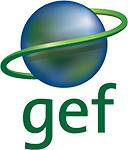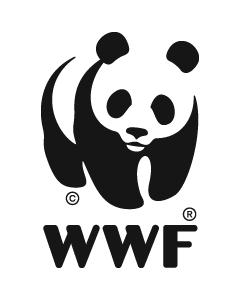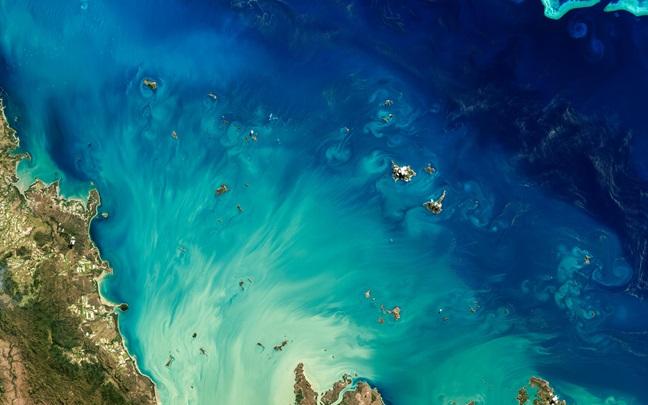The World Wildlife Fund and WTW are collaborating on a project funded by the GEF’s Special Climate Change Fund to develop a practical solution to address climate risk in the Melanesian region and the fishing communities it impacts: the investigation and creation of an insurance solution, which will improve communities’ resilience to climate shocks while protecting the unique and highly biodiverse ecosystems on which they depend.
Melanesia is a region that depends heavily upon fisheries for food security as well as livelihoods and revenue. Small-scale coastal fisheries are particularly important, providing employment for hundreds of thousands of people, and 10-20 times as many people as commercial fisheries. These coastal communities already face a number of sustainable development challenges including population growth and widespread poverty, but these are exacerbated by the vulnerability of the region to climate shocks. Climate change is already manifesting itself in the region through sea-level rise and coral bleaching, but the effects of climate change on natural catastrophes such as tropical cyclones poses a growing threat to these communities.
Climate impacts on ecosystems create a vicious cycle for the coastal communities that depend on them: as coastal ecosystems become increasingly damaged by climate change and anthropogenic threats, the ecosystem services they provided become reduced. This contributes to overexploitation by fishing communities, which in turn diminishes the ecosystem’s ability to recover.
Fiji and Papua New Guinea were selected for this initial stage as both have relatively large populations of small-scale fishers and are vulnerable to climate risks like cyclone.
The Challenge
For coastal fishing communities in Melanesia, climate events can severely disrupt lives and interrupt both income-generating and subsistence activities. These climate events also degrade the ecosystems on which these communities depend, reducing the supply of fish. However, the financial products currently available in the Pacific are almost exclusively indemnity products focused on urban communities. There is therefore a need for financial products that allow Melanesian fishing communities to respond to climate shocks.
The Solution
The goal of this programme is to identify and design an insurance-based product to improve the resilience of small-scale fisher communities in Fiji and PNG to climate change, while incentivising sustainable resource management and therefore improving the resilience of the ecosystems themselves.
Why Insurance
Insurance is a tool to finance risk and build resilience to shock events, mitigating the impacts by arranging finance in advance. It can be more cost-efficient than other financial mechanisms, especially credit arranged after-the-fact, particularly for extreme risks.
Insurance can significantly increase the resilience of vulnerable coastal populations by:
- Addressing a post-event funding gap by providing a framework and financing mechanism to clarify risk ownership and facilitate the collaboration of multiple stakeholders;
- Providing a predictable source of funds, allowing local communities and government to incorporate natural capital into post-event response contingency planning;
- Providing a timely flow of funds to carry out immediate, post-event response; and
- Ultimately, restoring valuable ecosystem services provided, thus generating economic value by reducing the cost of impairment of such services.
Melanesian Fisheries Programme at a Glance
The proposed project has three components:
- Development of an enabling environment for financial products by working alongside communities and engaging them in financial literacy training
- Design of a tailored financial product to address the climate risk to these coastal fishing communities and reinforce sustainable resource management
- Knowledge Management and Monitoring & Evaluation of project progress…
Key Beneficiaries
Marine ecosystems may be ‘free’ public goods, but recognising their value is critical. Like roads and bridges, natural assets can be thought of as public infrastructure, and even though they do not often feature explicitly on government asset lists or balance sheets, revenue streams depend on their presence and continued health. Therefore, like grey infrastructure, communities must establish financial responsibility for the care and upkeep of natural assets, otherwise risking significant stress to the industries and financial flows that depend on their functioning.
Coastal ecosystems provide myriad benefits to local communities:
Contribution to coastal protection: Climate shocks like cyclones cause average annual direct losses of USD 284m in the Pacific with a large proportion of losses uninsured. Ecosystems such as coral reefs and mangroves help reduce the damage caused by sea level rise, cyclones, etc.
- Key beneficiaries: government, business owners (e.g. seafood business owners, tourism operators), households
- Food security and informal livelihoods: The FAO estimates that 250,000-500,000 individuals in PNG, and 50% of all rural households in Fiji participate in subsistence fishing
- Key beneficiaries: local communities, especially low-income households
- Employment: Fishing provides a major source of employment to coastal communities.
- Key beneficiaries: households and individuals employed in the fishing and tourism sectors.
Supported by:

In partnership with:

Downloads
| Title | File Type | File Size |
|---|---|---|
| Financial Tools for Small Scale Fishers in Melanesia | .3 MB | |
| WWF-Pacific projects complaints resolution process | .8 MB | |
| Climate Risk Assessment — Fiji | 3.5 MB | |
| Climate Risk Assessment — Papua New Guinea (PNG) | 4.6 MB |





